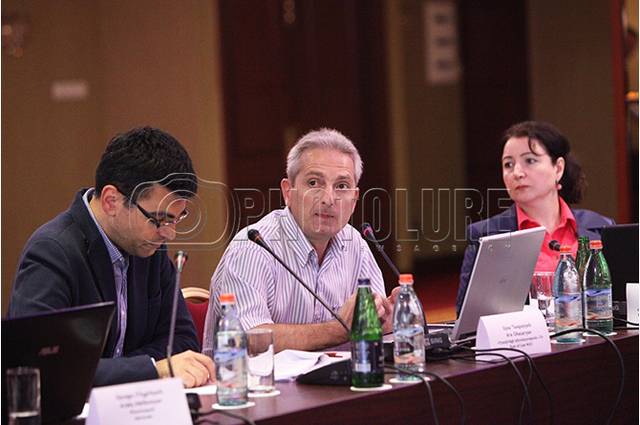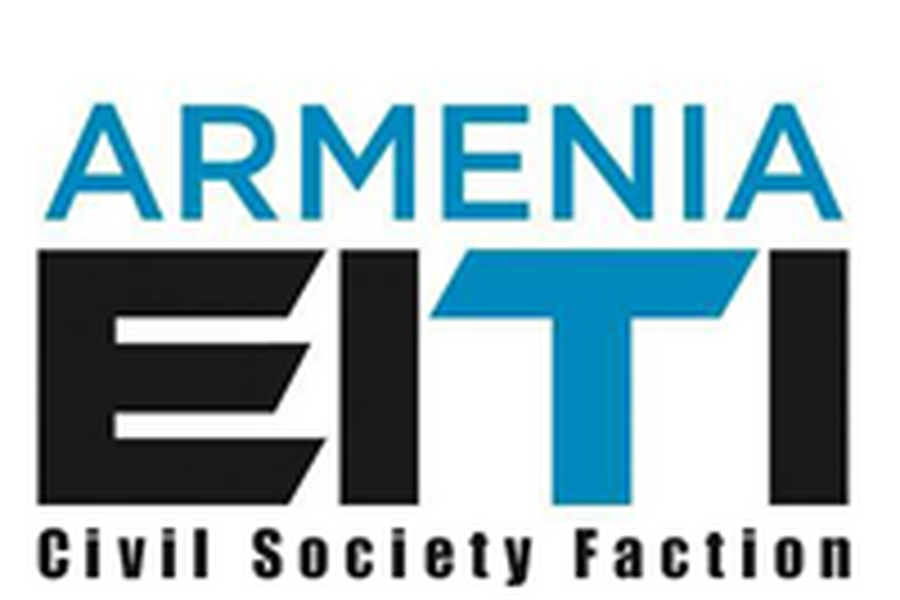Human rights provisions in Draft Amendments to the Armenian Constitution
On August 26, 2015 Heriknaz Tigranyan, Legal Adviser of Transparency International Anticorruption Center (TIAC) took part in a discussion on Human rights provisions in Draft Amendments to the Armenian Constitution, organized by Apella Institute for Policy Analysis and Dialogue and the OSCE Office in Yerevan. She presented “Social rights in new draft constitution.” During this professional discussion Tigranyan addressed the concept of constitutional amendments and the articles on social-economic rights by comparing the provisions provided by draft constitutional amendments with the current constitution in force text and presented positive and negative amendments. Heriknaz Tigranyan addressed the fact that some issues regarding right to taking care of health, employment, and other social rights instead of being constitutionally stipulated are lowered to the level of laws.
“Whatever it cannot ensure, the state does not take the burden of taking. This also refers to the right to work. Both the current constitution and the draft fail to indicate that a person has a right to work. Why? Since it might incur opposite obligation for the state, guarantee work for a person. Instead it stipulated a far more innocent provision, i.e. a person has a freedom to choose work.”
According to Heriknaz Tigranyan the proposed draft constitutional amendments may be called “situational constitution,” since it lacks characteristics of a prospective and developing country. If the draft is situational it cannot be called constitutional. Even if there are certain positive provisions in the draft, any change in the system is unacceptable since its final goal is reproduction of the authorities.
In her interview to Radio Liberty taken the same day, Tigranyan noted, “The Constitution actually stipulates what we practice in our country. It is no secret that our political landscape lacks various colors. We have one-party government and it is being specified by Constitution. The idea of introducing second stage eliminates all the opportunities to enlarge the political parties and turn the political party field more diverse. Instead it creates one dominating political party and maybe one satellite party with which it might go to the second stage. In the end it will lead to one-party system.”






